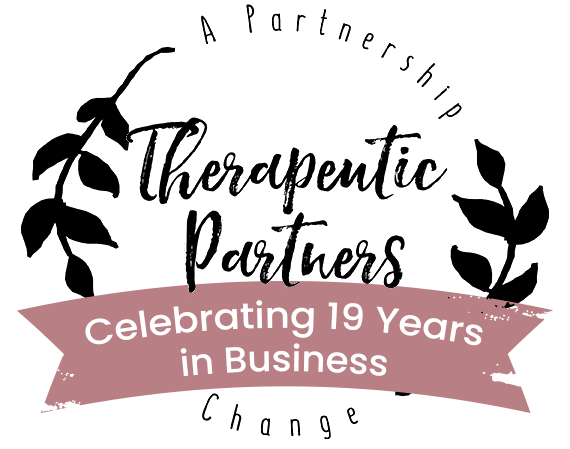
By: Rachel Crickmar
Understanding and managing ADHD, or Attention-Deficit/Hyperactivity Disorder, in adults is crucial for improving daily functioning and quality of life. ADHD often flies under the radar of acknowledgment in adults as it is assumed to be a childhood condition that is grown out of. In actuality, symptoms are just altered in how they present themselves in the adulthood and can significantly impact various aspects of their lives. Additionally, ADHD can affect women differently and many are not diagnosed until adulthood. Common conundrums that adults with ADHD encounter can be both complex and simple daily problems ranging from emotional dysregulation and forgetfulness to managing finances and “daily tasks such as getting up in the morning, preparing to leave the house for work, arriving at work on time, and being productive on the job” (U.S. Department of Health and Human Services, 2021). These challenges can lead to problems in professional settings, strained relationships, and low self-esteem. Here are some ways therapy and simple alterations to your life can create a big change in understanding and managing these symptoms:
Therapeutic strategies for managing ADHD in adults are tailored to individual needs, with an intersectional approach for those who wish to have their additional identities acknowledged and integrated into their journey. Cognitive Behavioral Therapy (CBT) is particularly effective, helping participants develop skills to manage their symptoms, “become more aware of attention and concentration challenges and work on skills to improve organization and use of time in completing daily tasks. For example, they might help individuals break down large tasks into smaller, more manageable steps. Psychotherapy also can help adults with ADHD gain confidence and control impulsive and risky behaviors,” to which they are at higher risk of ( U.S. Department of Health and Human Services, 2021).
In addition to attending therapy sessions, there are coping mechanisms that can make a substantial difference in how the symptoms of ADHD affect daily life.
- Decrease clutter in environment and use colored organization systems to guide attention.
- Use a planner that you can always keep with you to mitigate the forgetfulness and executive dysfunction.
- Schedule your day with time included for potential distractions.
- Add mindfulness practices to your daily routine to improve focus and encouraging present-moment awareness to avoid becoming dysregulated.
- Join an ADHD online forum to find inspiration in what has worked for others and find a supportive community and check out resources like podcasts, videos, and books. Some starting points are linked at the bottom of the article!
- Setting reminders and alarms for tasks and appointments.
- Exercise regularly to improve concentration and reduce hyperactivity and anxiety. Research shows that “as little as ten minutes of cycling or Hatha yoga may be beneficial for individuals with ADHD” (Dinu et al., 2023).
- Medication, often in conjunction with therapy, can significantly reduce symptoms, improving attention and impulse control.
Overall, managing ADHD in adults requires a comprehensive approach that includes therapy, practical strategies, and sometimes medication. By understanding their unique challenges and utilizing effective coping mechanisms, individuals with ADHD can lead fulfilling, productive lives.
Resources to learn more:
https://youtu.be/I0DLQ8MUgTk?si=berimC-n_k3ZoM1g
https://takecontroladhd.com/the-adhd-podcast
https://chadd.org/online-community/
https://www.amazon.com/You-Mean-Lazy-Stupid-Crazy/dp/0743264487
https://www.amazon.com/Mastering-Your-Adult-ADHD-Cognitive-Behavioral/dp/019023556X
https://add.org/rena-fi-adhd-and-managing-your-finances/
https://www.therapistaid.com/worksheets/adhd-focus-plan
References
Dinu, L. M., Singh, S. N., Baker, N. S., Georgescu, A. L., Singer, B. F., Overton, P. G., & Dommett, E. J. (2023). The effects of different exercise approaches on attention deficit hyperactivity disorder in adults: A randomised controlled trial. Behavioral Sciences, 13(2), 129. https://doi.org/10.3390/bs13020129
U.S. Department of Health and Human Services. (2021a). Attention-deficit/hyperactivity disorder in adults: What you need to know. National Institute of Mental Health. https://www.nimh.nih.gov/health/publications/adhd-what-you-need-to-know



